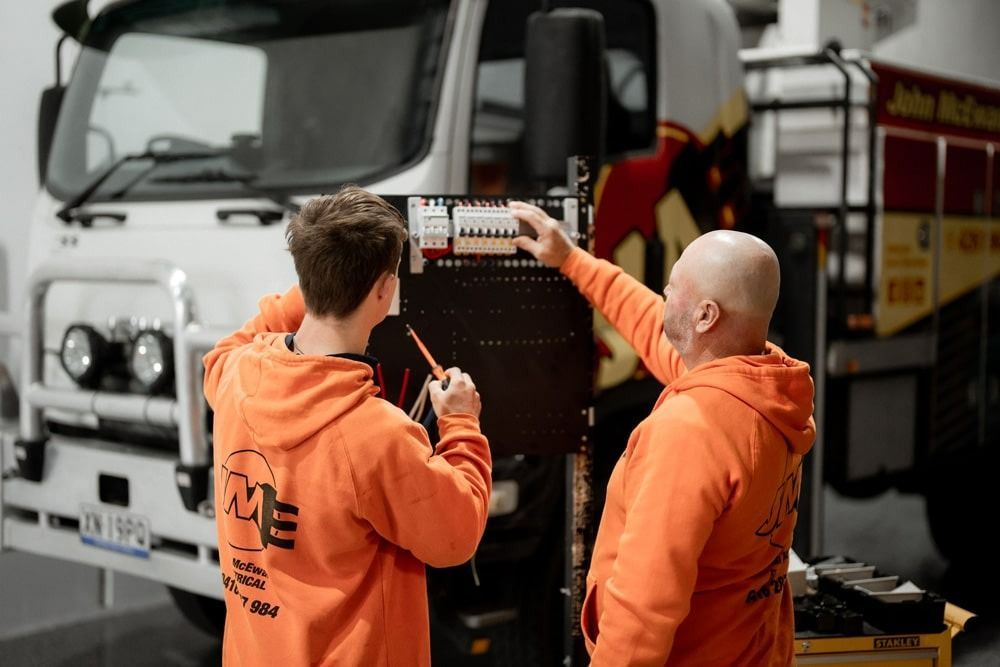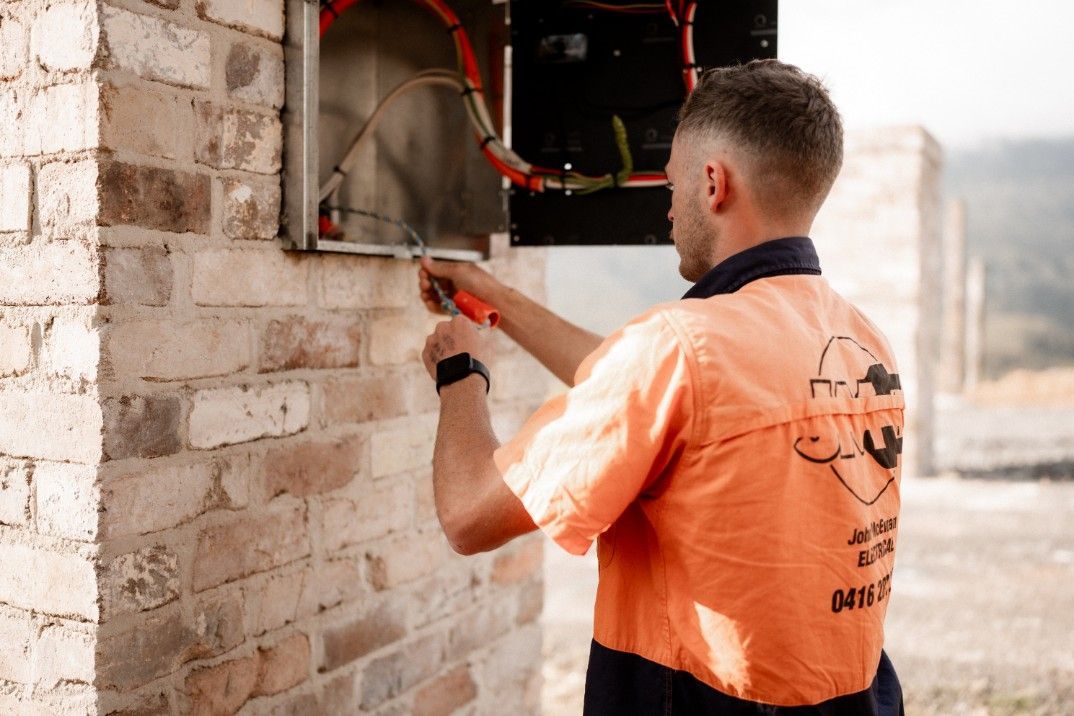Differences Between A Level 1 And Level 2 Electrician
Did you know electricians aren’t all the same? For instance, you’ll come across Level 1 and Level 2 electricians, each with their specific qualifications and areas of expertise. In this article, we will delve deeper into the distinctions between Level 1 and Level 2 electricians, shedding light on their roles, qualifications and how to choose the right one for your specific needs.
What is a Level 1 Electrician?
Level 1 electricians are adept at handling a variety of tasks in residential and commercial settings. They can install, maintain and repair wiring, lighting systems, electrical fixtures and appliances. Moreover, they can troubleshoot electrical problems and can carry out safety inspections to ensure the installed systems comply with the local electrical code. Their responsibilities cover a broad spectrum, from installing new electrical systems to routine maintenance and repairs. Their foundational qualifications include:
- NVQ Level 3 in Electrotechnical Services (Electrical Installation – Buildings & Structures) or equivalent
- Essential on-the-job experience through an apprenticeship
- Completion of the AM2 (Achievement Measurement 2) practical assessment
What is a Level 2 Electrician?
Level 2 electricians can handle all tasks performed by Level 1 electricians and more. They can disconnect and reconnect properties from the electricity network, replace defective meters, upgrade existing electrical systems to accommodate higher power usage and perform work on both overhead and underground service lines.
In contrast, Level 2 electricians, also known as authorised service providers (ASPs), are certified to carry out more complex tasks, including working directly with the local electricity network. The enhanced training and qualifications they possess are:
- An additional Level 3 NVQ in Electrical Installations or equivalent
- Specific training courses approved by the local electricity network operators
- Authorisation by the local electricity network as an ASP
Differences between Level 1 and Level 2 Electricians
Training and Qualification Differences
While both Level 1 and Level 2 electricians undergo rigorous training and apprenticeships, Level 2 electricians complete additional training and assessments in specialist areas of electrical installation and maintenance.
Scope of Work Differences
The key distinction lies in their scope of work. While Level 1 electricians primarily deal with internal wiring and fixtures, Level 2 electricians are authorised to connect properties to the electricity network, manage meter installations, perform service upgrades and handle both overhead and underground service lines.
Regulation and Licensing Differences
Level 2 electricians need to adhere to more stringent regulations, given their responsibility to work with the public electricity network. They require authorisation from the local electricity network operators, ensuring their competence in performing high-risk tasks.
The Decision-Making Process
Considering the Project Type
Before hiring an electrician, you must consider the project type. For standard tasks like installing lights or repairing sockets, a Level 1 electrician is adequate. However, for more complex tasks like connecting to the electrical grid or installing a new meter, a Level 2 electrician is necessary.
Evaluating the Cost
In general, Level 2 electricians charge more for their services due to their higher level of qualifications and the complexity of the tasks they perform. It’s important to weigh the cost implications against the technical needs of your project.
How to Recognise a Qualified Electrician
When it comes to hiring an electrician, recognising a qualified and reliable professional is of utmost importance. It’s not just about their level of qualification – Level 1 or Level 2 – but also about their professionalism, experience, reputation and commitment to safety.
Credentials and Licenses
First and foremost, check their credentials. A qualified electrician should be able to provide proof of their certification and licensing. For Level 2 electricians, this should also include their authorisation from the local electricity network.
Warranty and Support
Ask if they provide warranties for their work. This assurance gives you peace of mind knowing that if something goes wrong, they will rectify it without extra charges.
Experience and Expertise
Ask about their experience and areas of expertise. A qualified electrician should be able to discuss previous jobs they have completed that are similar to your project. They should be able to explain how they resolved any challenges and the precautions they took to ensure safety and quality.
Quality of Work
To sense the quality of work, you can look at online reviews or ask for references from previous clients. A well-established electrician should have a good track record and positive feedback from satisfied customers. While a Level 1 electrician can efficiently handle everyday tasks, complex projects requiring specialised knowledge and experience are better left to Level 2 electricians.
Safety Practices
Ask about their safety practices. A responsible electrician should be able to explain the safety protocols they follow when carrying out their work. This could include wearing personal protective equipment (PPE), isolating circuits before working on them and following all relevant safety regulations.
Need an Electrician? Trust John McEwan Electrical for Your Project
For reliable, top-quality electrical services, reach out to John McEwan Electrical. With a team of Level 1 and Level 2 electricians , we’re equipped to handle a range of electrical needs. Entrust your safety to the professionals; contact John McEwan Electrical today!







